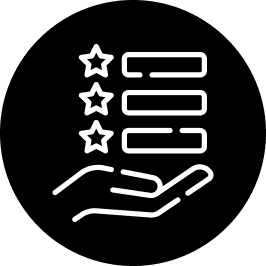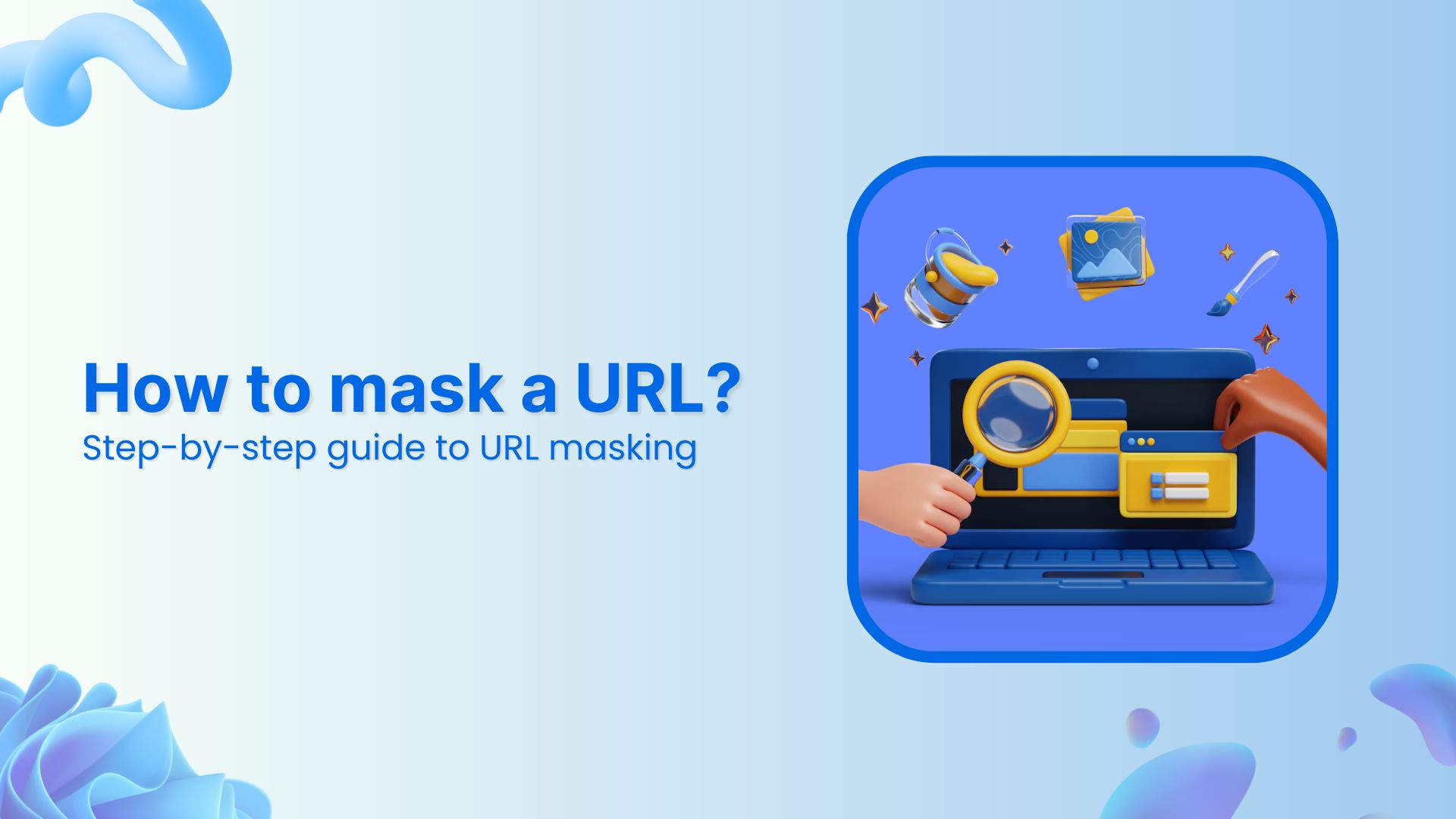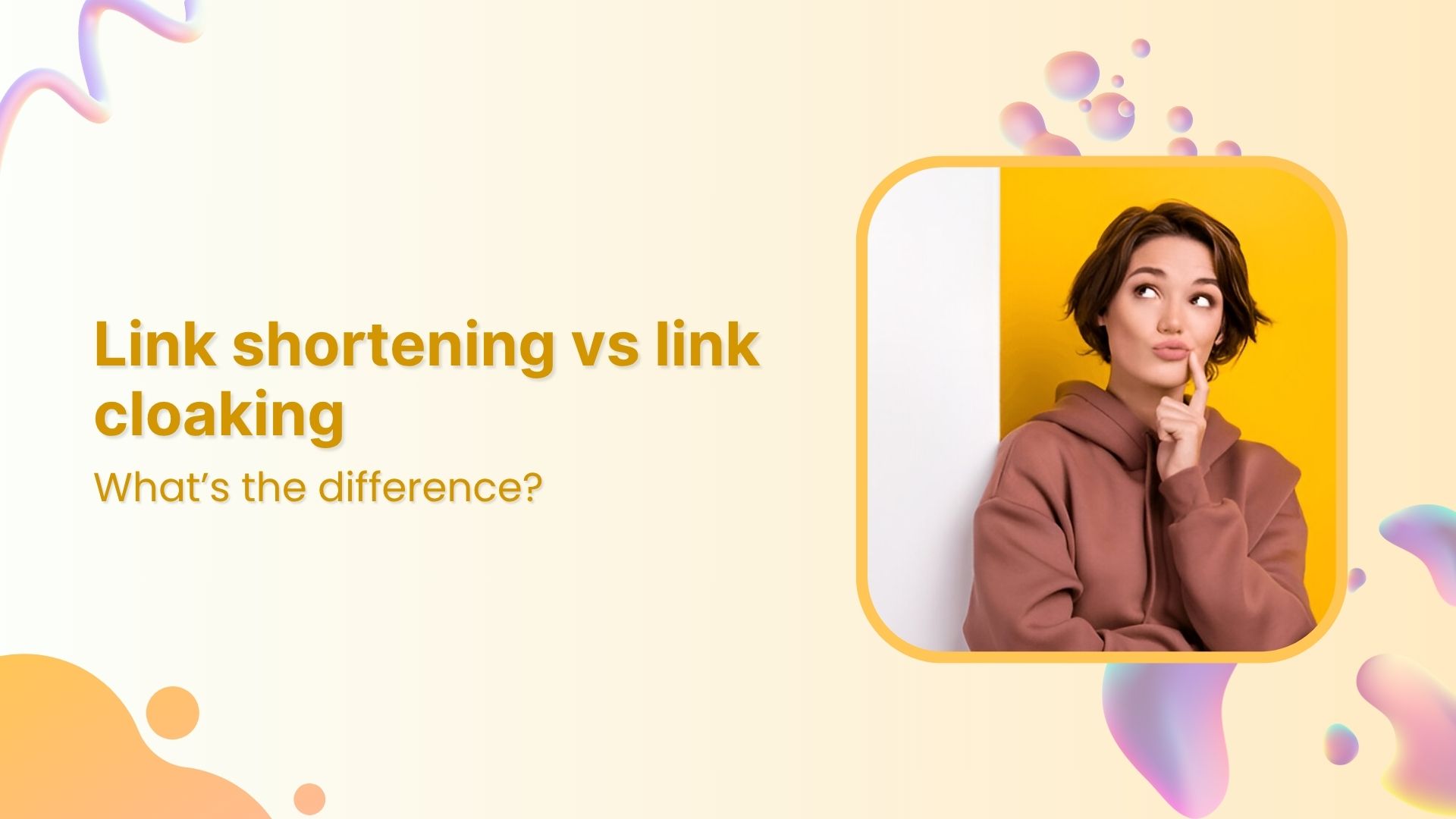Messy, unbranded links can make even the best content look unpolished. That’s where techniques like URL masking come in, giving you more control over how your links appear and how your brand is represented online.
Whether you’re sharing affiliate links, curating third-party content, or just aiming for a cleaner user experience, masking offers a way to keep your URLs neat and consistent. But like any strategy, it comes with its own set of benefits and boundaries.
In this blog, we’ll walk you through:
In this blog, we’ll break it down step by step:
- First, what is URL masking, and how does it work.
- Then, how to set it up using tools like Replug.
- And finally, why it matters. From branding benefits to user experience.
Let’s get into it.
What is URL masking?
URL masking, also known as URL cloaking, link masking, or domain masking, is a technique that hides the actual URL of a webpage while displaying a more user-friendly URL shortening service.
Link masking works hand in hand with URL redirection, guiding users from one URL to another while keeping the original link hidden. This technique can be achieved through various methods, such as using a redirect or employing a URL shortener.
Example:
User types:
They see the content from:
But the browser still shows:
How to mask a URL link using Replug?
You can mask a URL using Replug by creating a branded short link that hides the original URL. Here’s how to do it step by step:
Step 1: Login to your Replug dashboard
Sign in to Replug, or create an account. Once you’re done, you’ll be redirected to the main dashboard page.
Step 2: Shorten your link
Enter the URL you want to mask by simply pasting the URL in the bar under “Quickly Shorten your link”
You may also like: How to shorten a link using a URL shortener?
Step 3: Mask the URL
After you click on the blue next button, you’ll be led to a popup. Connect your custom domain and edit the URL slug to generate a masked URL:
Step 4: Enable link cloaking
Turn on link cloaking in Replug, so users see only your custom, masked link in the browser’s address bar instead of the original URL. This keeps your video link clean, branded, and more trustworthy.
Step 5: Save the masked URL
Once enabled, click the Save Shortened Link button, and you’re done! Now you can share your masked URL to whoever you want, and wherever!
You may also like: The importance of choosing the right URL slug for SEO success
URL shortening vs URL masking
URL shortening and URL masking both make long links easier to manage, but each is designed with a different goal in mind.
While URL shortening creates concise links for easy sharing, URL masking conceals the actual URL, adding a layer of branding or tracking.
Let’s explore their differences and similarities.
Differences:
| Feature/Aspect | URL Shortening | URL Masking |
| Purpose | To create a concise version of a long URL | To hide the actual URL behind a different one |
| Visibility | The original URL is visible after clicking | The original URL is hidden from users |
| User Experience | Simplifies sharing and typing | Enhances branding and tracking |
| Common Use Cases | Social media sharing, email links | Affiliate marketing, branded links |
| SEO Impact | Can impact link performance positively | May not directly affect SEO |
| Analytics | Often includes tracking capabilities | Can provide click tracking as well |
| Complexity | Simple to implement | Can involve a more complex setup |
Similarities:
- Both enhance the usability of long web addresses.
- Both can help with click tracking and analytics.
- Both are commonly used in digital marketing strategies.
For example:
A shortened URL for, let’s say, ROSÉ & Bruno Mars‘ new collab “APT” would look like:
Whereas the actual masked URL looks like this:
Shorten your links, amplify your brand.
Create shareable, trackable and fully customizable branded urls. Get more clicks with absolute link management features such as Bio Links, retargeting, deep Links, CTA’s and more.
Learn More!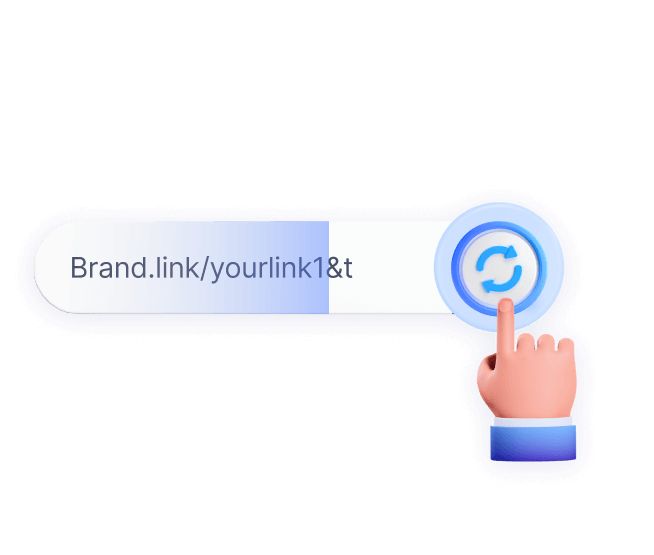
Benefits of URL masking with Replug
1. Create branded, shareable links
URL or domain masking lets you use your custom domain instead of a long, generic link, making your brand front and center in every share.
2. Improve the visual appeal of your links
Masked URLs look cleaner and more professional, especially in social media posts, emails, or printed materials. No more distracting strings of random characters.
3. Track clicks and campaign performance
With Replug, you get access to real-time analytics. Track click-through rates, audience behavior, and conversions, all from your branded masked link.
4. Hide the final destination URL
Need to redirect users without showing the actual destination? Replug helps you mask affiliate or third-party URLs for a seamless and polished experience.
5. Simplify long, complex URLs
If your links contain UTM parameters, session IDs, or other tags, masking them with Replug helps you replace them with clean, user-friendly versions that are easier to share.
6. Mask affiliate links
Replug lets you mask affiliate links with clean, branded URLs, making them more trustworthy, trackable, and click-worthy in seconds.
Branded Short Links
Create and track branded short links for your business for better conversions.
Brand Your Links Now!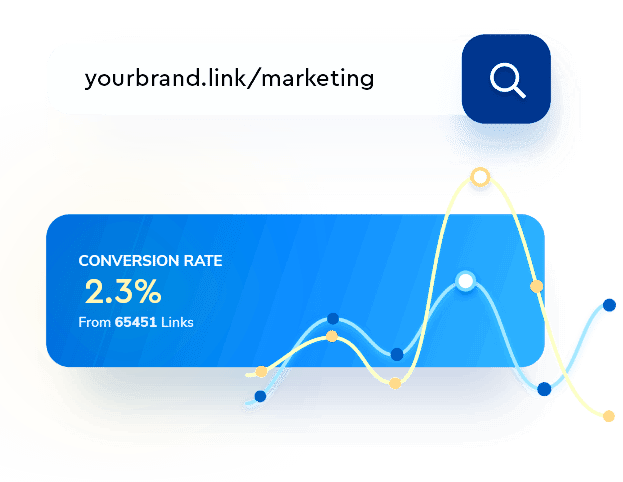
You may also like: What is a vanity URL and why do you need one?
FAQs on how to mask a URL link
What is the best tool to mask links?
Replug is an excellent tool for masking links. It allows you to create custom, branded URLs that are both visually appealing and easy to share, enhancing your marketing efforts.
Can you mask URLs in affiliate tracking links?
Yes, you can mask affiliate tracking links using several methods, such as using a URL shortener like Replug, creating a redirect script on your server, or using a web extension to manage your affiliate links.
How do you mask a link in HTML?
You can mask a link in HTML by using the following code:
This will display the text “Link Text” as a clickable link that will open in a new tab when clicked. The actual URL is hidden behind the text “Link Text.”
What are the benefits of URL masking?
URL masking helps enhance branding, improve link appearance, enable click tracking, and hide complex URLs. With tools like Replug, you can easily mask links, making them look cleaner, more professional, and branded.
Trending:
Instagram Short URL: How to shorten Instagram links
How to create a custom URL: Step-By-step guide
7 benefits of bio links you need to know: your ultimate manual



















